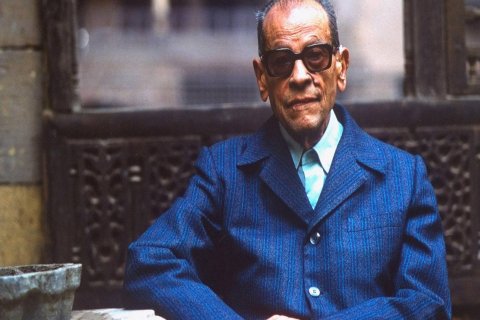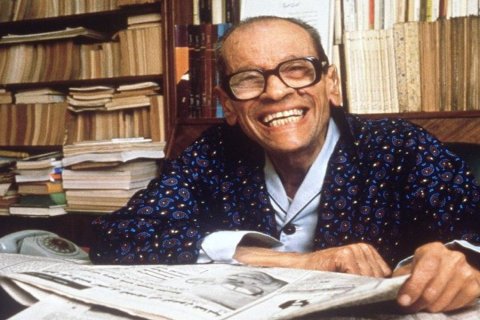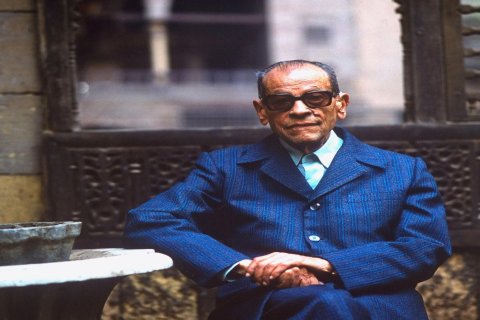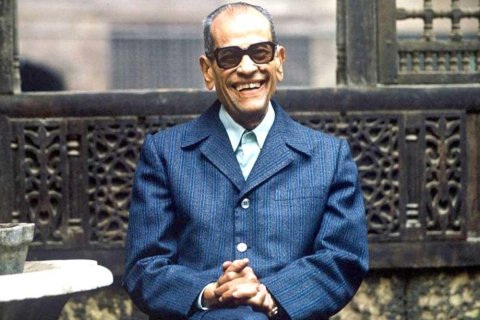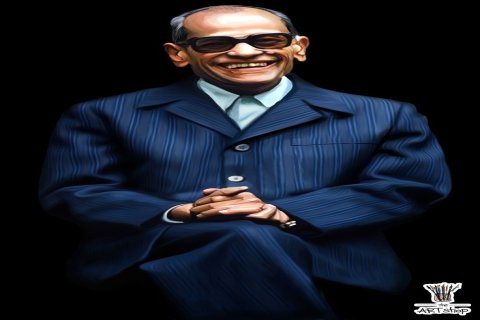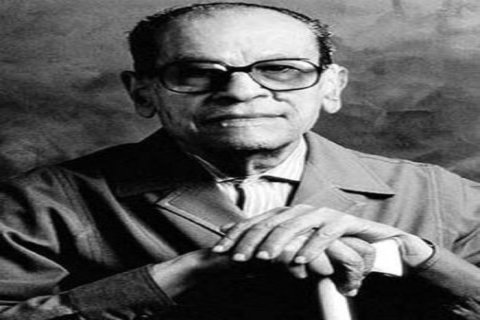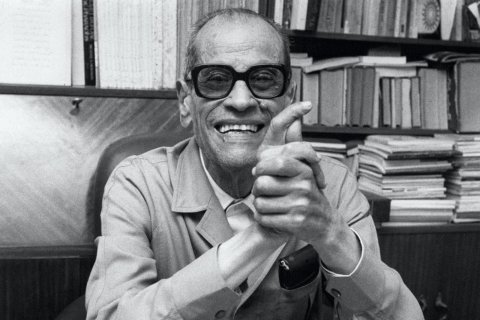Naguib Mahfouz
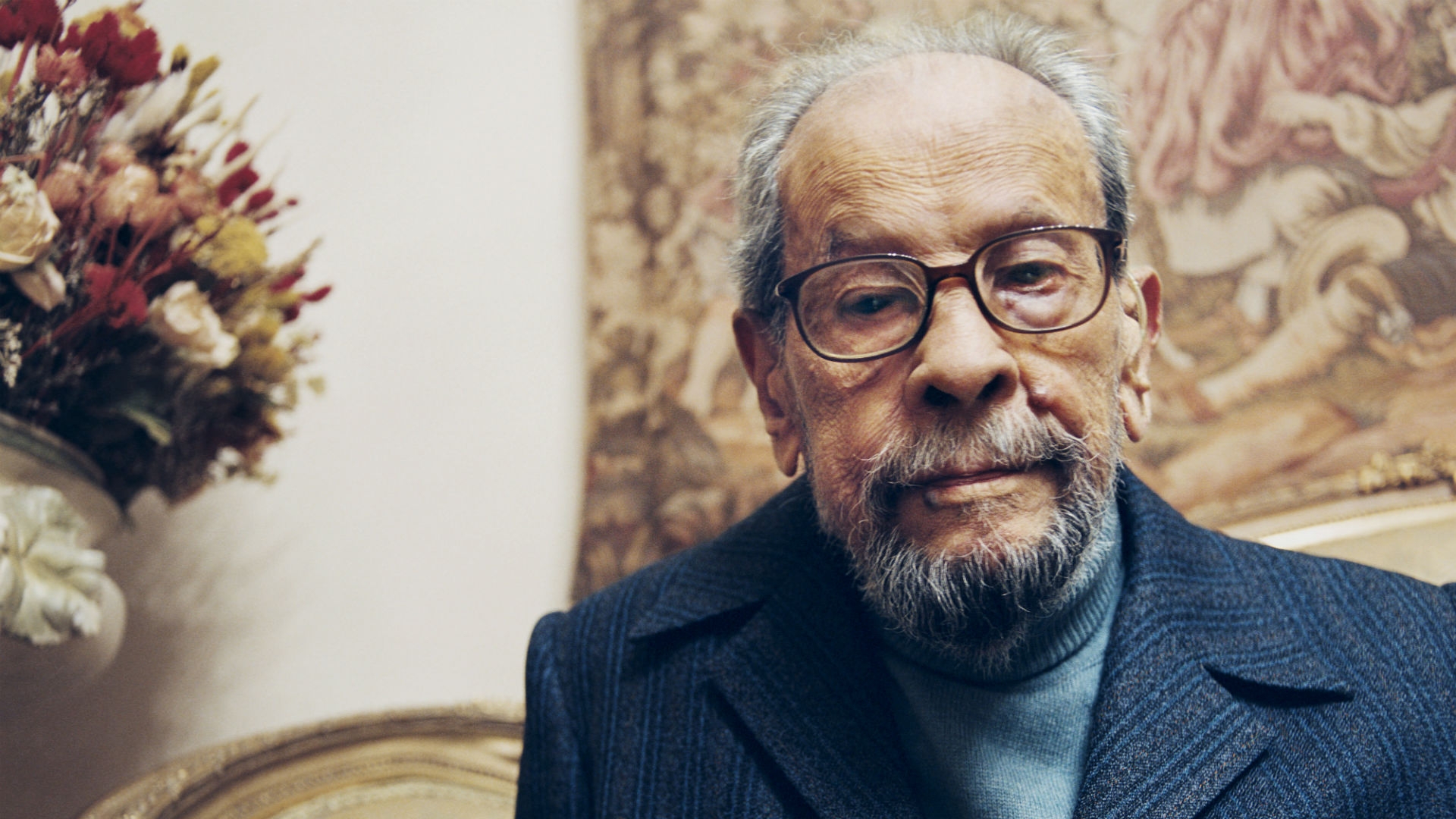
Naguib Mahfouz
Personal life
- Born: December 11, 1911 in Cairo, Egypt
- Died: August 30, 2006 in Cairo, Egypt
- Nationality: Egyptian
- Occupation: Novelist, short story writer, screenwriter
- Spouse: Attiyatullah Ibrahim (m. 1954–2006)
- Influenced by: Gustave Flaubert, Émile Zola, Anton Chekhov
Career
- Notable works: "The Cairo Trilogy", "Children of Gebelawi", "Midaq Alley", "The Thief and the Dogs", "The Harafish"
- Literary movement: Realism, Existentialism, Symbolism
- Awards: Nobel Prize in Literature (1988), International Neustadt Prize for Literature (1992)
Themes and style
- Explored themes of poverty, social injustice, political oppression, and the search for identity
- Used symbolism and allegory to convey complex ideas
- Known for his intricate plots and rich character development
- Master of the short story form
- Influenced generations of writers in the Arab world and beyond
Legacy
- Considered one of the most important writers in Arabic literature
- His works have been translated into more than 30 languages
- His novels and short stories have been adapted into films and television dramas
- His work has been praised for its realism, insight into human nature, and its political and social commentary
Fun facts
- Mahfouz was the first Arabic-language writer to win the Nobel Prize in Literature.
- He was also a prolific screenwriter, writing over 30 films.
- Mahfouz was a strong supporter of free speech and human rights.
- He was often critical of the Egyptian government, and his works were sometimes banned or censored.
- Mahfouz was awarded the Lenin Peace Prize in 1972.
- He was a member of the American Academy of Arts and Letters.
- Mahfouz was a founding member of the Egyptian Writers' Union.
- He was the recipient of numerous honorary degrees from universities around the world.

